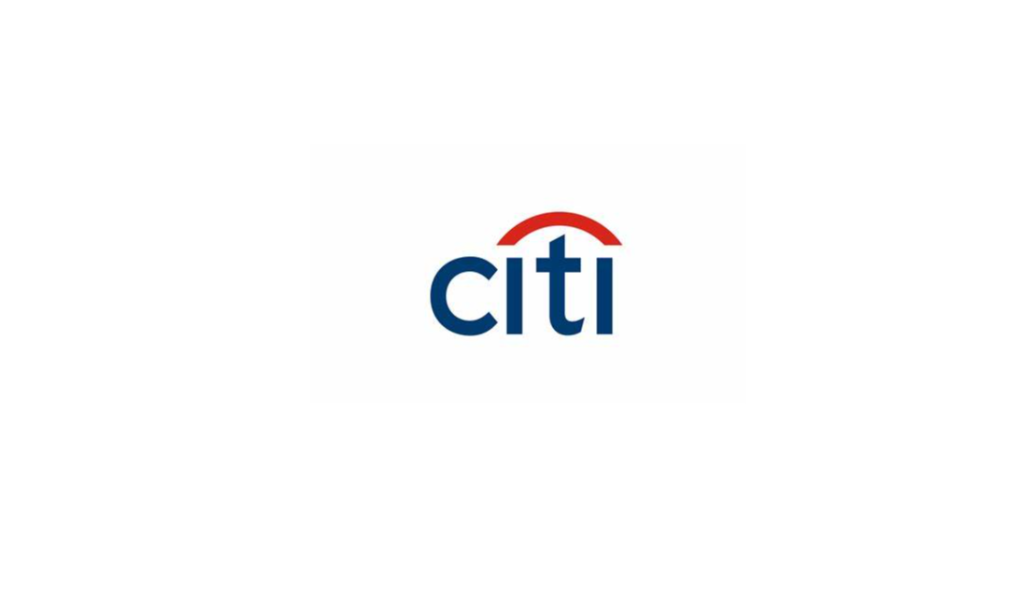Hong Kong - the Business Platform to Capitalise on Greater Bay Area Opportunities in Post-pandemic Era
Executive Summary
The Guangdong‑Hong Kong‑Macao Greater Bay Area (GBA) is one of the most internationally open regions in China, and it also possesses a huge domestic market in its own right. In the last few years Guangdong province has introduced a wide range of trade facilitation measures in a bid to optimise its business environment, and Hong Kong, as a GBA city close to Guangdong, enjoys an unparalleled geographic advantage. Meanwhile, the mainland has vigorously encouraged imports in recent years to meet the huge demand for quality products from consumers as well as the industrial and commercial sectors. Hong Kong enterprises can use the GBA as a springboard to capture opportunities in the enormous mainland market and drive growth despite the ongoing Covid-19 pandemic, global geopolitical tensions and worldwide inflation.
Survey on GBA market development strategies
In the third quarter of 2022 the Hong Kong Trade Development Council (HKTDC) and the Hong Kong Export Credit Insurance Corporation (HKECIC) surveyed local traders and manufacturers in Hong Kong who were interested in developing or had already developed domestic sales in the GBA. The aim was to find out how Hong Kong companies liaise with mainland clients, devise marketing strategies, establish sales channels and use professional and risk management services for opportunities in the GBA amid current external challenges. The findings of the survey are as follows:
-
- 1. Over 95% of the surveyed companies face challenges, particularly those related to the pandemic such as disruptions in supply chain and production/sourcing activities and stringent border control measures. In addition, declining orders from overseas markets and spiralling costs have dented business development.
2. Almost 70% of the respondents have sold directly to mainland buyers. Among these, over 90% have sold to Guangdong Province/the nine mainland GBA cities. Sales to mainland buyers account for 37.5% of the overall average annual sales of the respondents.
3. The majority of respondents have developed the GBA market mainly via b2b (business to business) channels. These include selling to mainland importers or wholesalers (48.2%) and selling to companies or agents of mainland brands (38.5%). Some respondents, especially those selling consumer goods, have also developed b2c (business to consumer) business, and are selling directly to mainland consumers through websites, social media or cross-border e-commerce operators (38.7%).
4. Among the nine mainland GBA cities, Hong Kong companies are most interested in Shenzhen (73.8%), Guangzhou (68.8%), Dongguan (43.6%) and Zhuhai (43.3%). In their further expansion into the mainland domestic market, Hong Kong companies plan to sell into the GBA mainly products manufactured or sourced by them on the mainland as well as goods purchased from abroad.
5. Various ways of electronic transactions via the internet are available on the mainland. Although less than 14% of the surveyed enterprises have so far embarked on using e-commerce and internet applications to develop the GBA market, 65.1% would consider using these e-commerce applications to expand business opportunities in the future.
6. Many respondents encounter difficulties in expanding sales in the GBA. They cite problems such as the mainland market being flooded with cheap products (36.8%) and being unfamiliar with mainland laws and regulations or product standards (35.8%). Hong Kong companies also mentioned issues relating to financing and customer credit, including the lack of information on the credit background of mainland clients, capital shortage, and the high risks of sales on credit.
7. Unlike the common practice of conducting business on credit in the mainland, most Hong Kong companies expect the mainland buyer to make an advance payment (57.9%), or they choose to bear the risks themselves (43.6%) in managing accounts receivable from domestic sales on the mainland. There are also a number of Hong Kong companies that buy credit insurance (14.0%) either directly in Hong Kong or through banks in Hong Kong.
8. To meet the challenges in tapping the GBA market, Hong Kong companies need a variety of services. For instance, they need market promotion activities where they can network with buyers and obtain information on marketing strategies for developing the GBA/Guangdong market. Concerning financing and risk, Hong Kong companies require services such as trade financing, risk management, customer credit checks, and credit insurance.
Expand domestic sales on the mainland via GBA
In addition to the questionnaire survey, the HKECIC commissioned the HKTDC to conduct in‑depth interviews with selected Hong Kong companies and industry representatives to better understand their views on bolstering sales in the GBA. The views of the respondents are summarised as follows:
1. When the current negative factors have receded, the GBA and other mainland markets are sure to rebound and expand rapidly. It can be expected that mainland middle-class consumers will be willing to dig deeper into their pockets to buy high-quality domestic and imported goods to raise their quality of life. At the same time, as production and export activities in the mainland GBA cities pick up, the demand for industrial materials, parts and components will surge. Against this backdrop, the GBA offers a huge market for consumer and industrial products to Hong Kong companies. Since the price-performance ratio of Hong Kong brands and certified industrial products is high, they have an edge on the mainland market.
2. Hong Kong brands and imported products normally enjoy a price premium in the mainland market. Products designated “Made in Hong Kong”, “Made by Hong Kong” or “Design by Hong Kong” are well received there. If Hong Kong companies can formulate the right business strategy in targeting the domestic market, they will reap profits in the GBA.
3. Since the mainland market is different from European and the US markets in culture, consumer demand, sales channels and business practices, Hong Kong companies should set aside their traditional concepts of export business and try to gain a good understanding of the mainland market. In particular, Hong Kong companies must ensure that their products meet the relevant mainland laws, regulations and product standards. They must also offer featured or unique products to stand out from the crowd of local and foreign brands.
4. In addition to online/offline exhibition events and business activities, online shopping and e-commerce marketing are popular on the mainland. Hong Kong companies are however behind in the development of e-commerce, so they must devote extra resources to devising comprehensive sales strategies which merge online and offline platforms. Hong Kong companies should also make more use of innovative technologies to map out e-commerce solutions. This will not only help boost online sales but can also enhance production and operation efficiency, while lowering costs by strengthened inventory control.
5. Enterprises engaging in domestic sales or exports are inevitably exposed to a certain market and customer credit risks. When exploring the mainland market, in particular, Hong Kong companies have to deal with different counterparties from those in the export market. Credit transparency in the mainland is low, so Hong Kong companies must address risk management and employ professional services such as due diligence checks to ascertain the business status and credit background of their clients when necessary. In addition to the option of avoiding sales on credit to clients, Hong Kong companies should consider using tools such as credit insurance to strike a balance between market development and risk control.
Capitalising on Hong Kong's advantages and professional services

In sum, in the face of the global economic downturn and the ongoing coronavirus pandemic, Hong Kong companies must look for new sources of growth. They should move fast to explore the huge mainland market via the GBA in order to diversify export risks and achieve sustainable development. In particular, Hong Kong companies can take full advantage of the city’s competitive edge to seize market opportunities in the GBA. Actions include highlighting the good reputation of Hong Kong brands, launching promotions, and offering own‑brand or trendy overseas consumer goods and premium quality industrial products. In the past Hong Kong’s manufacturers and traders focused mainly on overseas markets. They should note that new sales channels such as online shopping and social media marketing are popular on the mainland, and the credit environment and business practices are not the same as foreign markets. Hence, Hong Kong companies must gain a good understanding of the mainland market conditions and client backgrounds. They are also advised to handle risk management by using professional services and risk control tools in order to confidently grasp opportunities in the mainland’s vibrant domestic market.




















































First, please LoginComment After ~